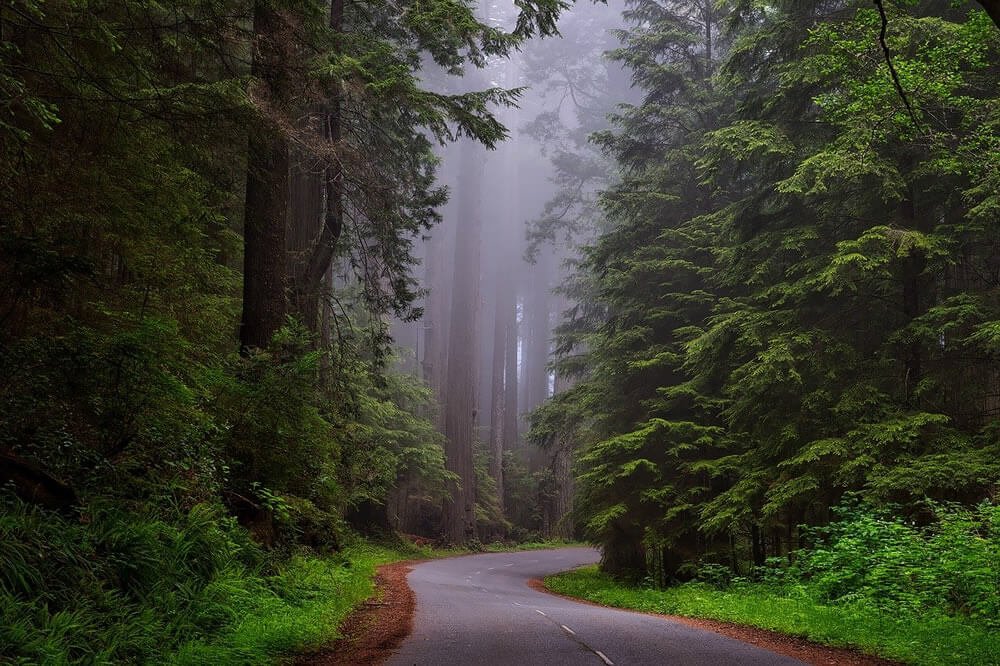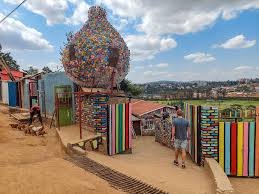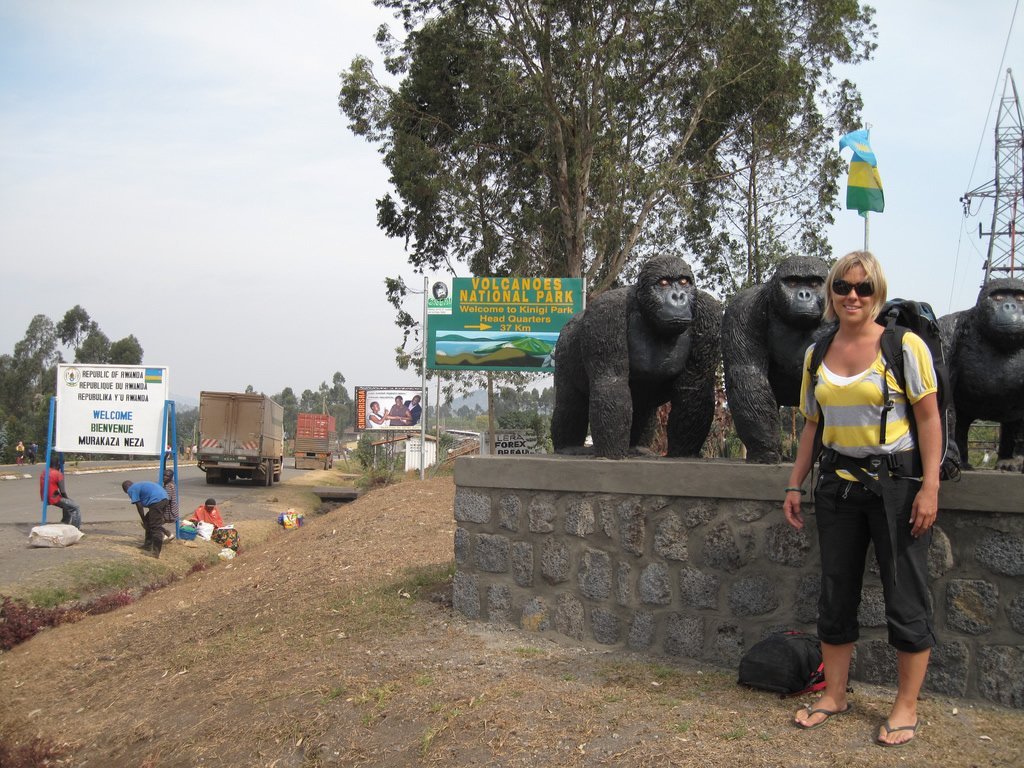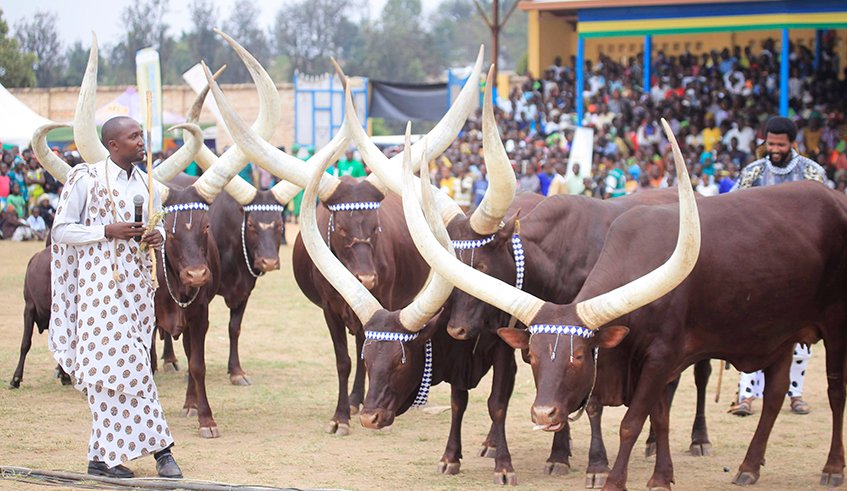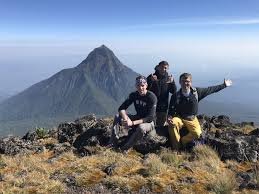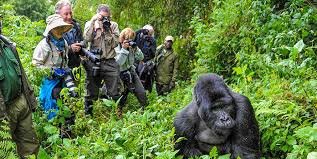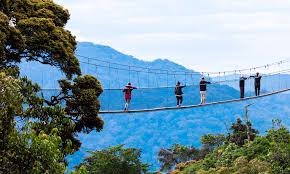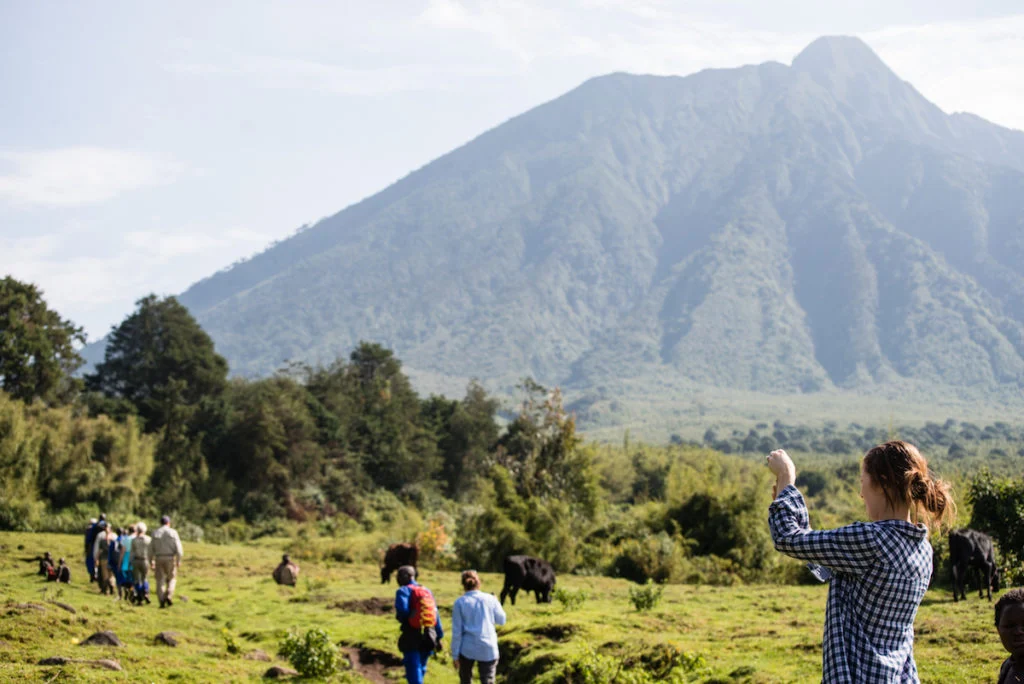
If you’re looking to combine adventure, breathtaking landscapes, cultural immersion, and a genuine connection with local communities, biking the Congo Nile Trail should be at the top of your Rwanda bucket list. This trail is more than just a route—it’s an unforgettable journey along the shores of Lake Kivu, weaving through lush hills, coffee and tea plantations, and vibrant rural villages.
What is the Congo Nile Trail?
Stretching over 227 kilometers from Rubavu (Gisenyi) in the north to Rusizi in the south, the Congo Nile Trail (CNT) is one of East Africa’s premier biking and hiking routes. It gets its name from the fact that it sits on the continental divide separating the Congo and Nile River basins.
The trail can be tackled by foot, bike, or even by car (though it’s rough in places), but cycling is hands-down the best way to soak in the views, interact with locals, and challenge yourself physically.
Why Bike the Trail?
-
Scenic Variety: From lakeside paths to jungle-lined hills and terraced farms, the landscapes constantly shift, keeping the ride exciting.
-
Cultural Experience: You’ll pass through countless villages, where friendly locals wave as you ride by. It’s a great chance to experience Rwanda’s warm hospitality.
-
Eco-Friendly Travel: Cycling is a sustainable way to travel and supports Rwanda’s vision of being a green, eco-conscious destination.
-
Hidden Gems: Along the way, you’ll discover lesser-known spots—secret beaches, local markets, and family-run guesthouses that rarely see tourists.
Trail Sections and Highlights
Here’s a breakdown of the main segments, though you can tailor your trip depending on your time, fitness level, or interests:
1. Rubavu to Kinunu (Approx. 44 km)
-
Start your ride in Rubavu (Gisenyi), a lively lakeside town known for its beaches and bars.
-
The ride hugs Lake Kivu’s shore, offering dramatic water views.
-
Stop in Kinunu, home to the Kinunu Washing Station—perfect for a coffee tour.
2. Kinunu to Kibuye (Approx. 61 km)
-
This is one of the most beautiful—and challenging—stretches.
-
Pass tea plantations, thick forested areas, and peaceful villages.
-
Kibuye is a charming lakeside town where you can relax with a sunset cruise or visit the moving Genocide Memorial Church.
3. Kibuye to Mugonero to Karongi (Approx. 62 km)
-
Rolling hills and terraced farmlands dominate this part of the trail.
-
Stop at Bisesero Memorial, an important and emotional site.
-
Overnight in Karongi or nearby villages for a quieter, authentic rural experience.
4. Karongi to Rusizi (Approx. 60 km)
-
The final stretch is rugged but rewarding.
-
Nyungwe Forest National Park is not far—consider adding a side trip for a canopy walk or chimp trekking.
Where to Stay
Accommodation along the trail ranges from budget guesthouses to eco-lodges and camping spots. Here are a few traveler favorites:
-
In Rubavu: Inzu Lodge (eco-friendly with lake views)
-
In Kinunu: Kinunu Guesthouse or camp at the coffee washing station
-
In Kibuye: Rwiza Village or Bethany Hotel
-
In Karongi/Rusizi: Home Stays, Peace Guesthouse, or Comoran Lodge (if you’re splurging)
What to Pack for the Ride
-
A good mountain bike (you can rent one in Rubavu or Kigali)
-
Helmet and repair kit
-
Reusable water bottle and hydration packs
-
Lightweight clothes + layers for cool mornings/evenings
-
Sunscreen and insect repellent
-
A power bank (charging spots are limited in remote areas)
-
Snacks, though you’ll find local food along the way
Planning Your Trip
-
Best time to go: June to September or December to February (dry seasons)
-
Duration: 5 to 10 days, depending on your pace and stops
-
Guides: You can ride independently, but hiring a local guide enriches the experience and helps navigate rural routes
-
Safety: Rwanda is one of the safest countries in Africa for tourists. Locals are welcoming and helpful.
Tips for First-Time Bikers on the CNT
-
Train beforehand—it’s a physically demanding ride with steep climbs.
-
Don’t rush; take time to explore villages and interact with people.
-
Support local businesses by buying handmade crafts or enjoying meals in village restaurants.
-
Keep an offline map or GPS as reception can be spotty.
Why This Trail Is Worth It
The Congo Nile Trail is not just a biking challenge—it’s a story of Rwanda told through every climb, smile, and pedal stroke. It brings you closer to nature, to people, and to a slower, more mindful kind of travel that stays with you long after the ride ends.
Whether you’re an experienced cyclist or a curious adventurer, this trail offers a raw and real Rwandan experience—one that’s off the beaten path, yet deeply rooted in the soul of the country.


